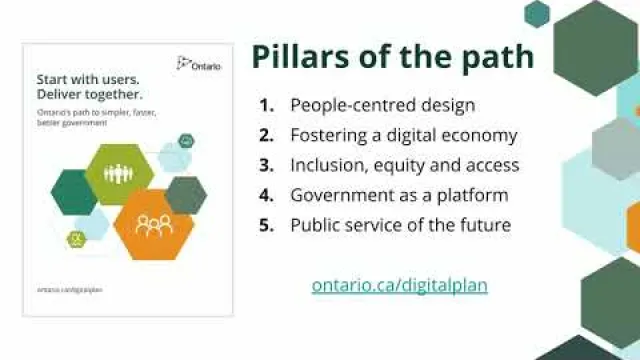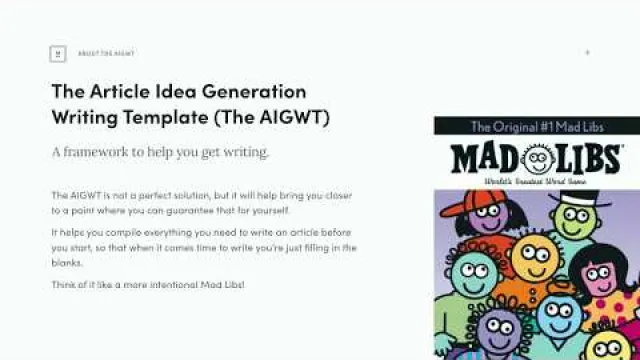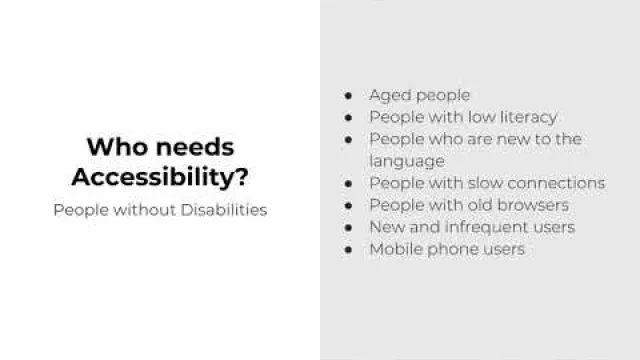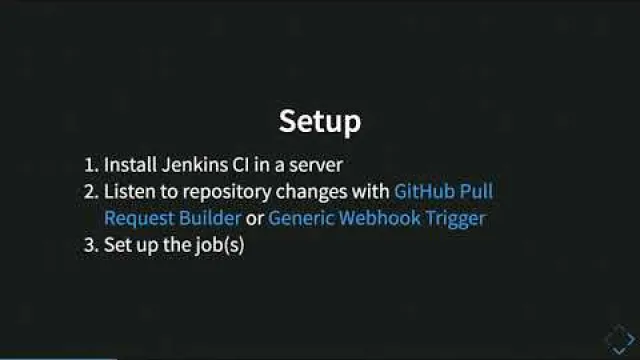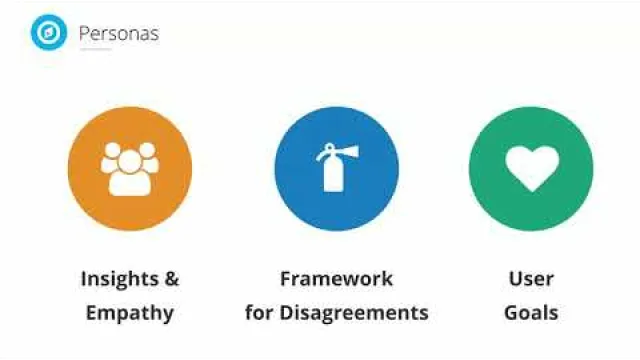Drupal North 2018
Logo

Description
The Drupal North Regional Summit was held from August 10 to August 12, 2018, at the Toronto Reference Library, located at 789 Yonge St., Toronto, Canada.
Website
Start Date
Start Date

